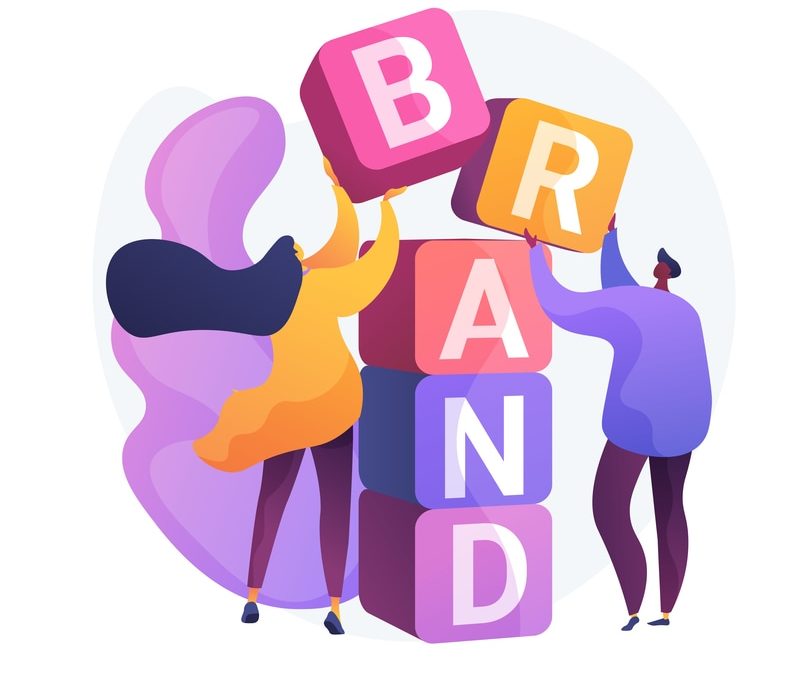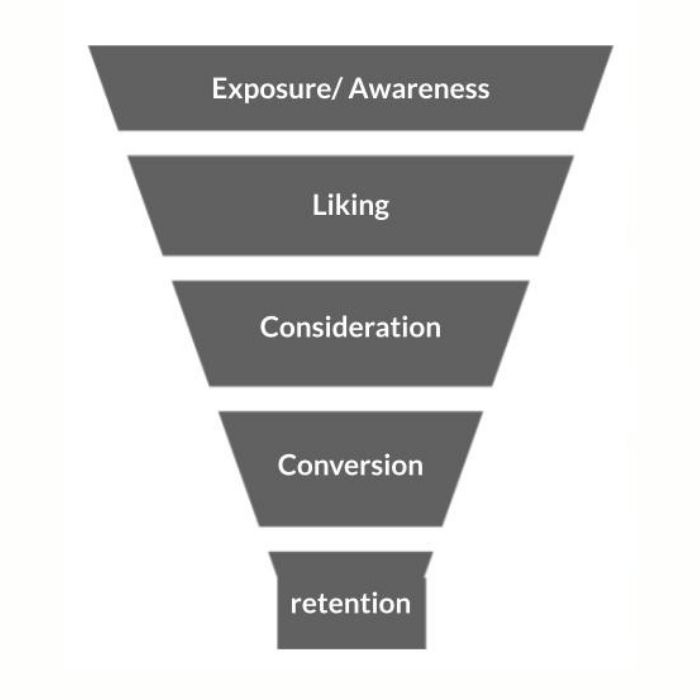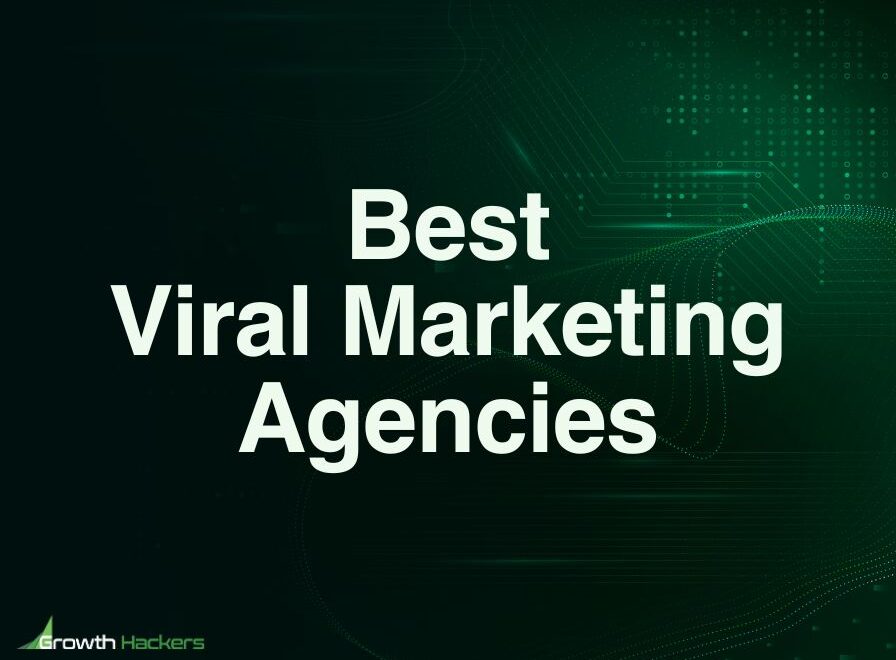Growing a brand is not easy, but once you have done it, you can extend the brand image to a range of products in the related category. Many companies have been and will continue to use this strategy to their advantage.
In this article, we will understand what it means to be a brand. We will also learn about brand extension, how it can help in marketing, and some risks associated with brand extension as well.
What is a Brand?
If you were to choose between a homemade cheeseburger made by someone and a McDonald’s cheeseburger, which one would you choose? We are quite sure you gravitated towards McDonald’s. What made you choose McDonald’s? Was it the trust that it will taste good? Or was it to show you are a youthful, cool person who would go for McDonald’s instead of some random homemade burger.
What made you choose McDonald’s over homemade was the BRAND called McDonald’s. The trust, the reflection of yourself as a youthful person, all of it that made you choose McDonald’s is what differentiates a brand from any unlabeled product.
So to define a ‘brand’-
A brand is a unique identification that gives you recognition and differentiates you from the rest.
Jeff Bezos, founder, and CEO of Amazon.com defines a brand as
“Your brand is what people say about you when you are not in the room”
A brand is made of different elements. The log, tagline, imagery, colors, vision, and many other elements. A brand is an experience. It has its own beliefs and attitude. We form different associations with a brand. It gives your product a distinguished identity and value. Hence, branding is difficult and time-consuming as well.
What is Branding?
Branding refers to all the efforts that a company takes towards creating a unique brand and its unique perception in the minds of people. It is a process of giving meaning and shape to any person, product, and service. Creating a unique brand identity is also a part of branding.
A brand is intangible, it exists in our minds.
“Successful branding will keep the brand alive even after it has been terminated.”
Making a successful brand is difficult but if you get it right, it can create strong bonds with its customers. A brand has its own beliefs and personality which remains consistent all the time. It is a brand that helps create loyal customers.
Marketing The Brand
Creating a good brand is not the end. You want people to know your brand. Marketing it to the audience is the next step. A successful brand needs a robust marketing strategy that will help in conveying all the brand elements to the audience.
Investopedia.com defines marketing as –
“Marketing refers to activities a company undertakes to promote the buying or selling of a product or service. Marketing includes advertising, selling, and delivering products to consumers or other businesses”
Marketing is not only about promotions and sales. While you are promoting your brand for better sales, it is essential to convey a CONSISTENT brand image and identity to the audience. Consistency is the key here. If you are building a brand you should know how to bring consistency to your branding.
Let us take an example. What brands come to your mind when we say the color red?
Coca-Cola and McDonald’s are the two brands on top of the minds of many. How did this happen? Through years of their marketing efforts, they have used red color in all their marketing campaigns. The consistency is why you associated those brands with the color. Similarly, other brand values can be conveyed through correct and consistent marketing efforts.
In digital marketing, the best way to convey the brand image is through digital media channels like social media, websites, blogs, podcasts, etc. Digital marketing gives preference to quality over quantity. As a digital marketer, your main aim has to be creating quality content that reflects the brand image.
Why do I need to convey my brand elements to the audience?
Most of us choose a product based on its brand name, knowingly or unknowingly. A brand exists in our subconscious mind. 95% of our purchase decisions are taken by our subconscious mind, says Harvard Business School professor, Gerald Zaltman. If you want to know more about how our subconscious mind affects our brand choices, this is a rather interesting read.
There are many marketing methods that you can employ to do the branding of your business. One of the most efficient and popular ways to do that is by brand extension.
Do you want to implement brand extension as a marketing strategy?
What is a Brand Extension?
Brand extension is leveraging the brand image of an existing brand to launch a new product in a different but related product category.
You must have seen popular actors (Parent companies with a strong brand image) launching their kids (new product) in the same industry. The brand value of the parent is transferred to the kid, hence they become known to people in no time.
Brands invest millions of dollars into brand building and marketing. Brand image is created after a long period of continuous efforts. Just imagine doing all of this all over again for every new product you want to introduce. The amount of money and effort that would be required is humongous. Hence taking advantage of an already established brand to launch a new product is a smart move.
You might question, if it is so expensive, why introduce new products?
If the brands don’t keep innovating and bringing new things to offer the brand will be forgotten. Competitors will eat it up. Hence to survive in this highly competitive market, brand extension is a must.
Adding new flavors to your product is not a brand extension. It is a different concept that comes under brand leveraging, called line extension. What separates line extension from the brand extension is that brand extension happens in a different product category while line extension happens in the same product category.
Understanding brand extension with an example – Apple
Apple started with Mac Computers. Now we can see a lot of different product categories that Apple has entered into. We have a MacBook, iPhone, iPad, iPods, Apple TV, Apple Music, Apple Watch, and the list goes on. There are two things you need to observe here
- All the products are in a related product category
- All the products are branded under Apple’s name
Why is a Brand Extension a Popular Marketing Strategy?
Faster acceptance
Accepting a new product is difficult for consumers. The risk is too much for the consumer. A lot of marketing budget and effort go into inducing a trial for a new brand. Buying a newly launched shampoo might be difficult for you because you don’t know how it will work. Neither are you familiar with the brand. But if the same shampoo is branded under the name of Garnier, then you will not show the same hesitation. You will accept the product and try it at least once. This is because of the perceived image of Garnier as a brand.
Easier to send the customer down the sales funnel
A marketing sales funnel is a graphic representation of a customer’s journey from the stage of awareness to retention. Some models end at the stage of purchase, but retention is an important stage. There are 5 stages of this sales funnel – Awareness, liking, consideration, conversion, and retention. The users who make it to the end of the funnel will show higher loyalty.
Understanding customer journey helps marketers understand how to approach a particular customer based on which level of funnel it is in. For example, you have a customer in the consideration stage. Your marketing efforts should focus on persuading that customer to purchase your product. You may use retargeting methods and give a special discount.
So this is how marketing professionals use a sales funnel to run marketing campaigns. It is not an easy task to bring customers down the marketing funnel. Here are some content marketing funnel tips to help you increase your sales.
You see the first stage of the marketing funnel is awareness. Using the brand extension, awareness becomes a piece of cake so you can focus more on the other stages. Also, people who have reached the retention stage will try the new product without much hesitation. The loyalty toward the parent brand is transferred to the new product.
Reduces marketing cost
Creating a brand from scratch is an expensive and tedious process. But if you already have a brand that has done all the efforts to create a favorable perception of itself in the minds of people, you can simply leverage that brand image.
Increases market share
Companies can expand their services and enhance market share by successfully extending their brands. With brand name expanding into different product categories, it is quite obvious that the brand’s market share will increase. By doing so you are capturing a newer segment of the audience and increasing your target market. The more market share you have the better your sales will be.
Opens the door to an untapped market
When you extend your brand to related categories you get a chance to bring a new set of audiences into your brand’s umbrella. The more people know you and your brand, the better the sales will be.
Preferred by retailers
Retailers too, just like consumers, don’t want to take the risk of adding new brands to their shelves. But if a well-known brand has launched a new product, they are more likely to give shelf space.
Media attention
When a popular brand is about to launch a new product, it gets a lot of news coverage. The media attention does a lot of promotion of the new product and increases pre-launch excitement.
The above-mentioned reasons clearly state how the brand extension can help in marketing the product better and faster. Brand extension is also a great method to keep innovating new things under your brand.
Now is the time to boost your marketing strategy with brand extension!
Brand Extension Traps
Brand extension is a double-edged sword, if done right it can yield good results if not it can cause unnecessary trouble for your well-settled brand. Hence it is important to know what a successful and unsuccessful brand extension looks like.
What if Apple launches a new search engine? Say iSearch. Would you consider using it?
We would.
What about chocolate syrup by Colgate? How do you like that? It’s not that appetizing, is it?
Apple is a technology company, so creating a search engine is quite logical. Innovation, speed, and quality, all these attributes that we associate with Apple are well recognized with a search engine. But Colgate, which is a toothpaste company, entering the food industry is the most illogical thing ever. We associate Colgate with strong teeth and the typical smell. On the contrary, chocolate tends to damage our teeth, and a toothpaste brand selling it makes no sense. Moreover, chocolate smells completely different from toothpaste hence Colgate chocolate syrup is a little hard to digest.
This is exactly where a lot of brands go wrong and they fall into brand extension traps. Following are some common brand extension traps.
- Wrong product category
The previous example of Colgate chocolate syrup is best to understand this trap. As a brand, you have made certain associations with the people. Breaking those associations and branching into a completely unrelated product category is a trap a lot of people fall into.
- The parent company is not penetrated enough
If your parent company has not penetrated deep enough into the market, avoid brand extension. Stick to your initial product or service and increase its brand equity before you expand your business.
- Spillover effect
People associate the parent brand’s image with the new product. If the new product doesn’t meet up to the expectations of people it will hamper the parent brand’s image. Any flaws that might occur in the new product affect the performance of the whole brand.
Final Thoughts on Why Brand Extension is a Popular Marketing Strategy.
A brand is a unique and consistent identity of a product. It has its beliefs and vision. Communicating all these things about the brand is where marketing can help. But marketing is not a cheap thing to do, it requires a lot of money. Brand extension can help you save some marketing budget and also expand to a new product range and market. A brand extension comes with a bunch of benefits and risks associated with it. When done with care, a brand extension can prove to be a very effective marketing strategy.
Growth Hackers is a one-stop shop B2B creative agency helping businesses from all over the world grow. There is no fluff with Growth Hackers. We help entrepreneurs and business owners with brand extension, driving targeted traffic, generating qualified leads, optimizing their conversion rate gathering and analyzing data analytics, acquiring and retaining users and increasing sales. We go further than brand awareness and exposure. We make sure that the strategies we implement move the needle so your business grow, strive and succeed. If you too want your business to reach new heights, contact Growth Hackers today so we can discuss about your brand and create a custom growth plan for you. You’re just one click away to skyrocket your business.







